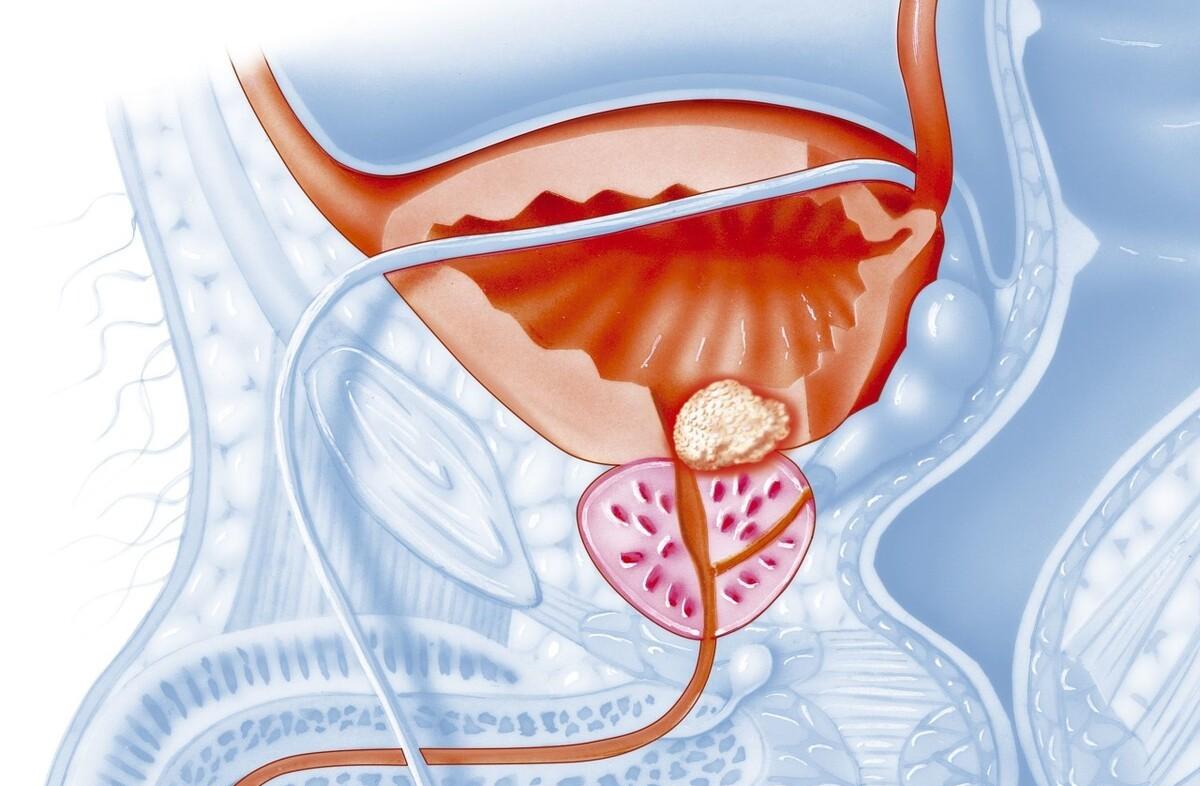With the acceleration of the pace of life, many people have developed the bad habit of getting up early and lying in bed, especially on weekends, even if there is a clear intention to urinate, they do not want to get up, and they do not know that often holding urine is very harmful to the body, not only easy to cause prostatitis, but also may increase the risk of bladder cancer.

Urine is often held back, and the bladder is also easily injured
There are a small amount of bacteria and harmful substances in human urine, and urine retention in the bladder will promote the multiplication of bacteria and easily cause urinary tract infections. The bladder wall of the foot of the urine is very thin, and it is likely to rupture under the action of external forces such as falls and collisions. If the urine holding time is too long, the amount of urine in the bladder continues to increase, the pressure increases, and it is easy to have symptoms such as difficulty urinating, poor urination, leakage of urine, and incontinence.
Studies have found that the number of urinations is very closely related to the incidence of bladder cancer. Holding urine increases the time that carcinogens in the urine act on the bladder, and the less you urinate, the greater the risk of bladder cancer. Studies by American scientists have shown that people who have the habit of holding urine are 3 to 5 times more likely to suffer from bladder cancer in the future than the average person.
When such urine appears, beware of bladder cancer
Bladder cancer is one of the common malignancies in urology, and its incidence has increased in recent years. The typical symptom of bladder cancer is painless hematuria, which contains red blood cells in the urine, and can be diagnosed as hematuria when the number of red blood cells exceeds a certain range. Some people with bladder cancer may have no noticeable discomfort, only occasionally detect gross hematuria, and sometimes resolve or disappear on their own.
People may also appear red in urine after taking these medications, or after eating certain red fruits and vegetables. This hematuria is pseudohematuria or pigmenturia, not true hematuria, and has no red blood cells under a microscope, which has no health effect. It should be noted that people over the age of 40, if there is a sudden painless hematuria, or intermittent hematuria in the short term, it is necessary to be highly vigilant that it may be a urinary system tumor and must be taken seriously.
note! Are you at high risk for bladder cancer?
1. Smoking
Smoking is currently recognized as one of the main risk factors for bladder cancer, increasing the risk of developing bladder cancer by about 3 times. It is recommended that smokers must quit smoking, stay away from second-hand smoke, and create a smoke-free environment together.
2. Long-term urethral stimulation
For example, long-term urination and bladder stones for a long time, the risk of chronic infection in the bladder increases, which may lead to an increase in carcinogens in the urine, induce mutations in the bladder mucosa, and eventually lead to tumors.
3. Long-term use of certain drugs
For example, analgesic drugs such as phenacetine will increase the chance of urothelial cells becoming cancerous, and have been shown to cause bladder cancer.
4. Long-term contact with chemical products containing aniline
High-risk occupations include dye workers, printers, shoemakers and truck drivers, and the risk of bladder cancer increases significantly in people exposed to carcinogens for a long time. The specific risk is related to the time of exposure, the amount of exposure and the type of carcinogen.
5. Family inheritance
The occurrence of bladder cancer may be related to heredity, and the risk of developing bladder cancer is significantly increased in people with a family history of bladder cancer. For example, if parents have bladder cancer, the incidence of bladder cancer in their children is higher than that of ordinary people.
Experts from Shanghai CuHK Cancer Hospital remind that in ordinary life, we must adjust our work and rest time, live regularly, try to avoid holding urine for a long time, and develop good habits of drinking more water and urinating frequently.
#How far is cancer from you##Get out of the way##Get out of the way##Cancer Prevention & Control Science ##Toutiao Health Academy##膀胱癌 #